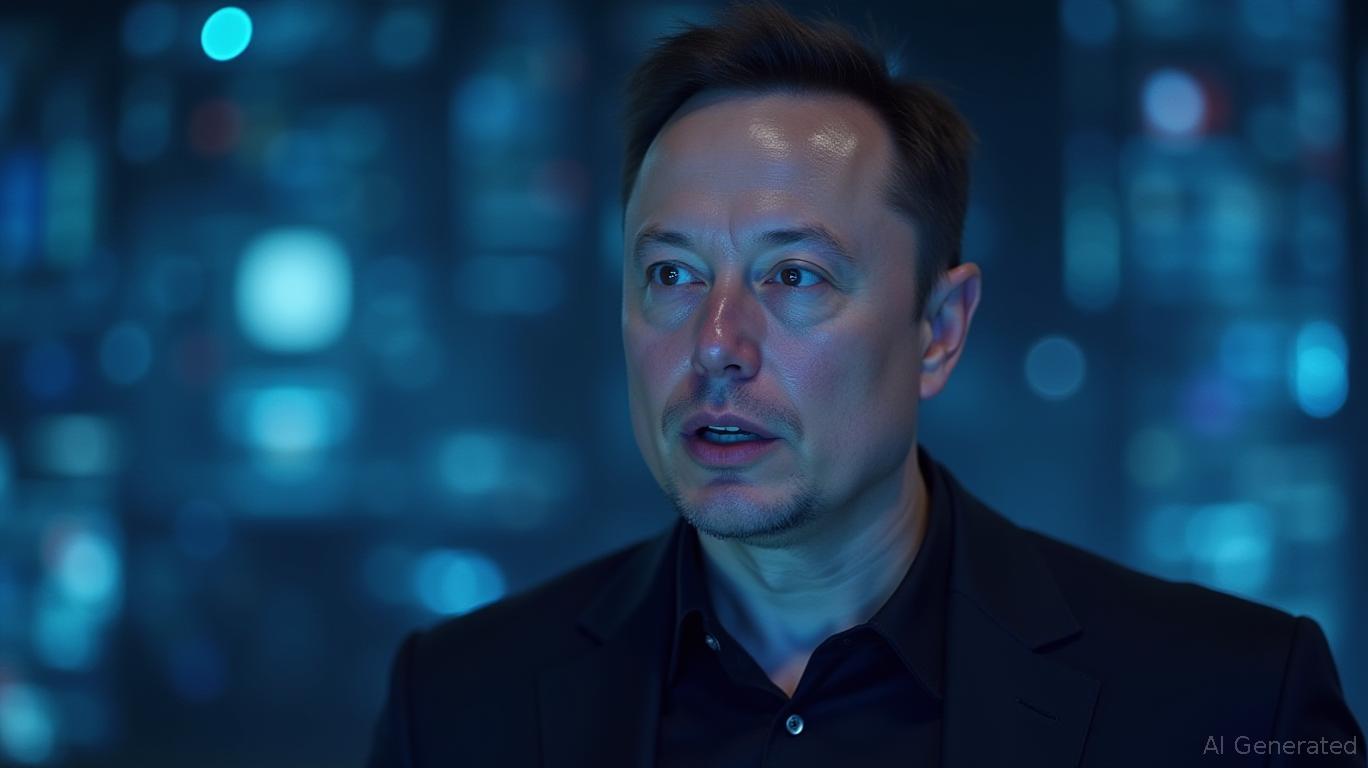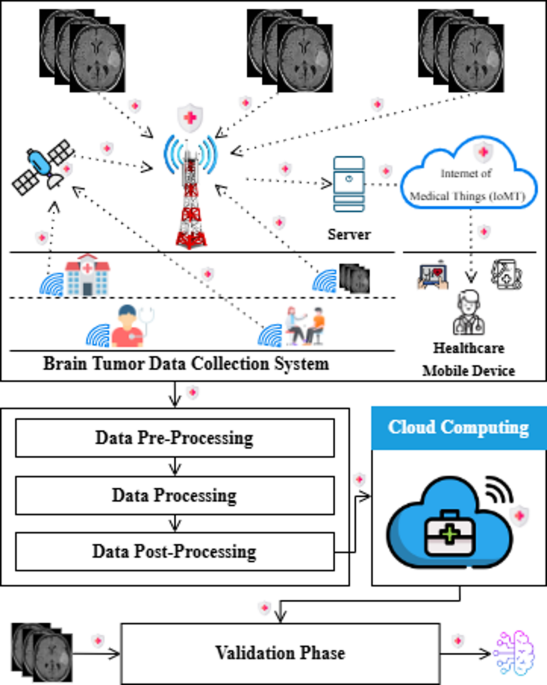Artificial intelligence is poised to revolutionize healthcare, but what does that mean for medical professionals? Experts are debating the extent to which AI will reshape the medical landscape over the next decade.
Many medical practices and clinics face challenges such as overcrowded waiting rooms, staff shortages, and limited time for each patient. AI offers potential solutions by:
Did you know? AI algorithms can process vast amounts of medical data far more quickly then humans, perhaps leading to earlier and more accurate diagnoses.

Karl Max einhäupl, former head of the Charité hospital, believes AI will transform all specialist areas of medicine, though some will be affected more than others. He suggests a notable shift in the roles of certain specialists:
In ten years, half of the radiologists, laboratory doctors and dermatologists could have been replaced by AI.
Karl Max Einhäupl, former head of the Charité
However, Einhäupl emphasizes that thes experts will still be needed to develop and maintain the AI systems of the future.
While AI offers numerous opportunities, Germany lags behind other nations in AI development. Countries like China, India, the United States, Spain, Italy, and Grate Britain are investing more heavily in this field.Strict data protection laws in Germany are often cited as a barrier to progress.
Pro Tip: Data privacy is crucial, but finding a balance between protecting patient information and fostering AI innovation is essential for advancing medical care.
Einhäupl advocates for greater openness regarding data sharing, stating:
Yes, we need data protection. But you can afford too comprehensive data protection if you are healthy. Seriously ill people will wish that there are enough data from which the best treatment can be derived.
Karl Max Einhäupl, former head of the Charité
The Marburger Bund, a German doctors’ union, acknowledges AI’s potential benefits, such as personalized therapies and automated routines. Though,they stress the importance of maintaining the human element in medicine.
Susanne Johna, chairwoman of the marburger Bund, cautions:
Medicine is not an algorithm – she is humanity.
Susanne Johna, chairwoman of the Marburger Bund
While AI can calculate risks, it cannot provide comfort or empathy. Therefore, ethical guidelines are necessary to govern its use in healthcare.
Will AI completely replace doctors?
No, AI is expected to augment doctors’ capabilities, not entirely replace them.
Improved diagnostic accuracy, faster data analysis, and personalized treatment plans.
Data privacy, algorithmic bias, and the potential loss of the human touch in patient care.











